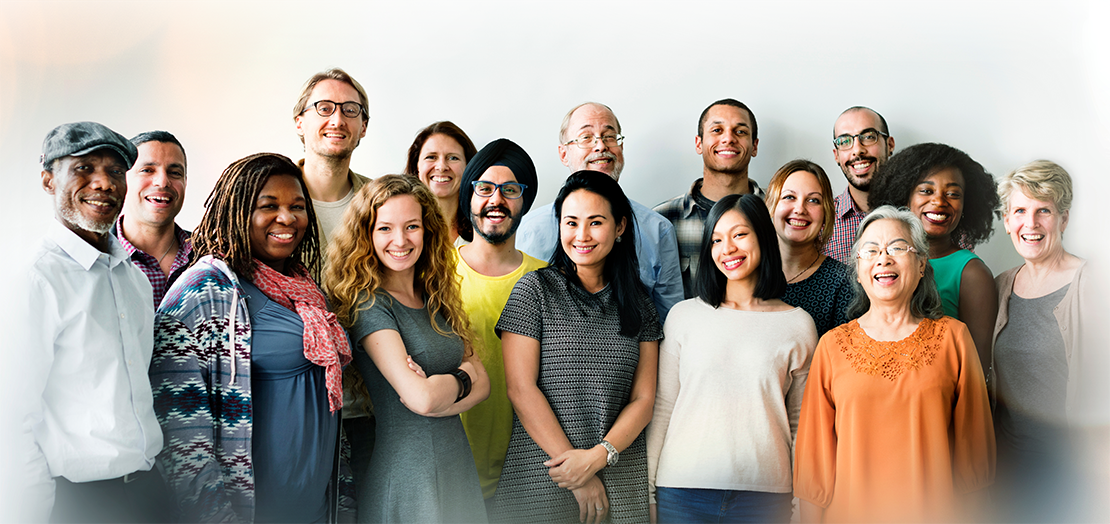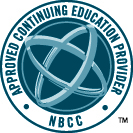
Mental Health Facilitator


How It Began
At an international conference in 2003, Dr. Benedetto Saraceno, then director of the Department of Mental Health and Substance Abuse for the World Health Organization (WHO), challenged counselors to focus their efforts on serving the more than 450 million people worldwide with little or no access to mental health services. In response to an initial collaboration with WHO, NBCC developed a framework for what is now the Mental Health Facilitator (MHF) program.

Mission
Promote awareness and combat stigma globally through foundational mental health knowledge and skills, using community-based education and local resources.
Intention
Create awareness and educate community members to increase interpersonal communication skills and knowledge about mental health care.
Purpose
Increase awareness of and access to mental health care.
Value
By increasing people’s contact with tangible information, they will be more likely to benefit from positive mental health practices.
Who It Is For
Mental health care is one of the least addressed aspects of overall health care worldwide. Mental health care providers, of which there are already an insufficient number, are overburdened. Serious mental health issues present an enormous financial and social burden, especially in developing countries. The MHF program was conceived to address all of these issues while also providing what is most needed—increased service capacity.
The MHF is a training program designed to provide foundational mental health skills and education to paraprofessionals, laypeople, and professionals from outside of mental health. It is not designed to create a separate profession. Rather, the MHF program fights stigma and increases service capacity by training individuals who come into contact with others in the course of their daily jobs or functions to identify, refer, and support those with mental health needs.
What It Is
All curricula include training on helping skills, diversity, violence and trauma, suicide prevention, and referral and consultation skills. Upon completing the training, participants receive a certificate of completion and are included in the international MHF registry.
There Are Currently Four Curricula:

MHF
Curriculum designed for use in the general population.

MHF-ASAP!
Abridged curriculum for the general population.

MHF-Educator’s Edition
Curriculum designated for the unique needs of educators and school staff.

MHF-Express Educator’s Edition
Condensed curriculum for educators and school staff.

The MHF Process
The MHF program is facilitated through a three-tiered, train-the-trainer process.
- MHF master trainers are mental health professionals trained to deliver the MHF curriculum at multiple levels.
- MHF trainers are local community members with some mental health expertise trained to deliver the curriculum to others.
- MHFs are community members trained in the curriculum.
Participation
The program is offered through formal partnerships to facilitate trainings within local communities. Partnerships include, but are not limited to, local organizations, educational institutions, government agencies, and private enterprises.

NBCC Foundation has been approved by NBCC as an Approved Continued Education Provider, ACEP No. 805. Programs that do not qualify for NBCC credit are clearly identified. NBCC Foundation is solely responsible for all aspects of the programs.

